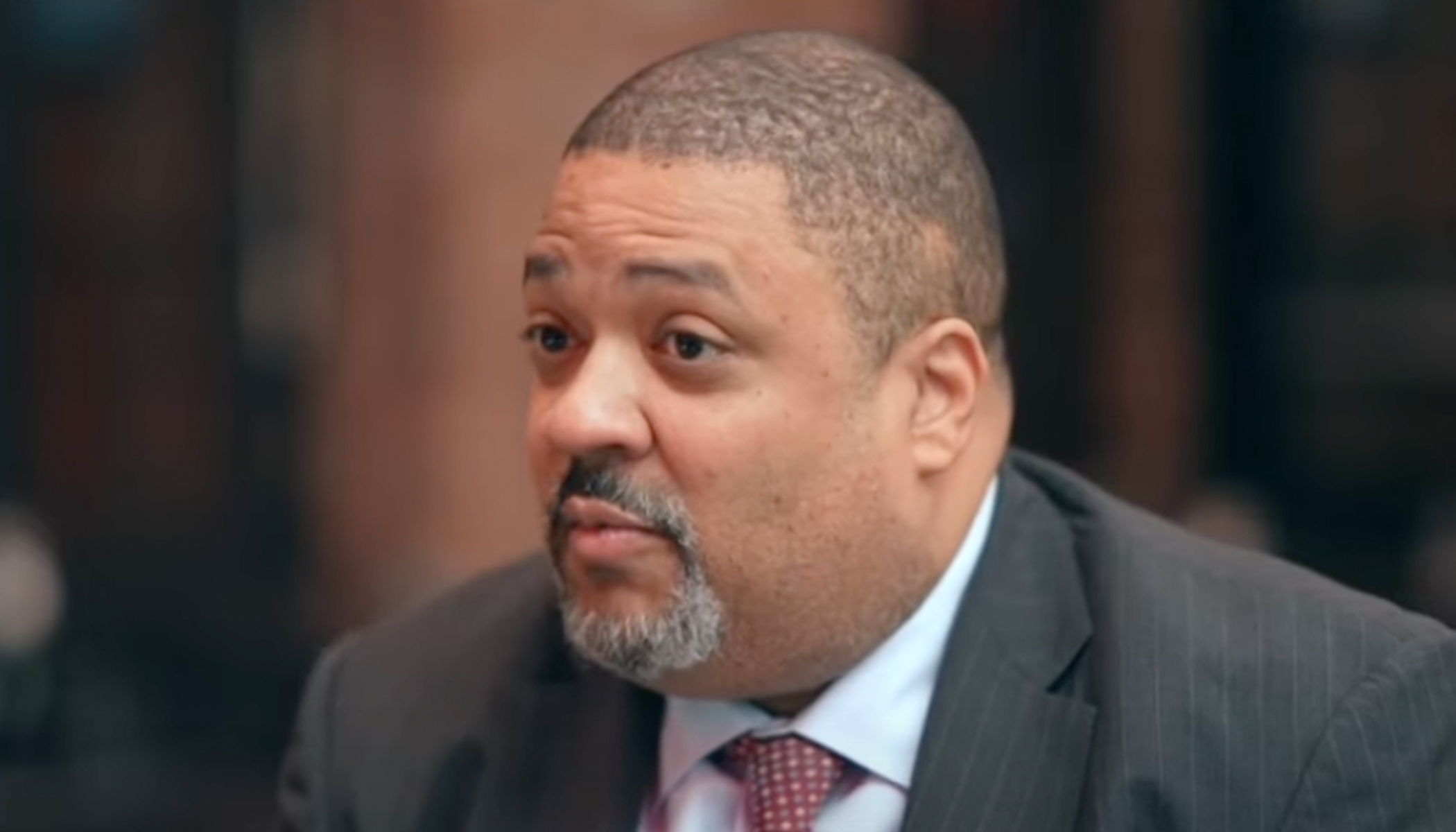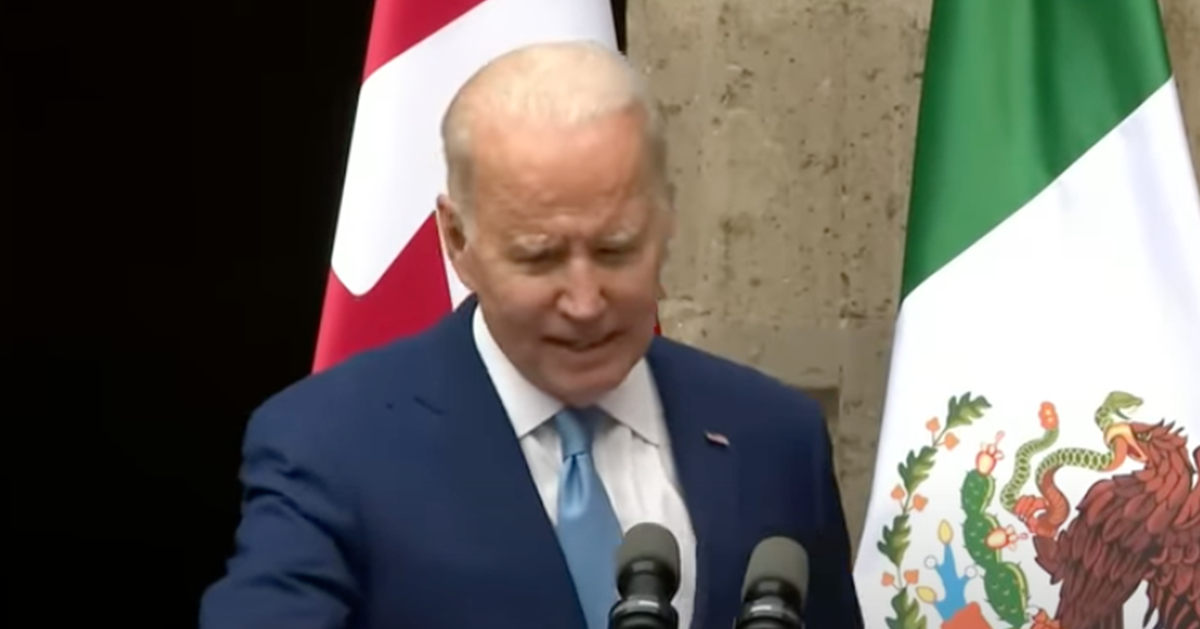Biden Lacks Authority To Restrict Alaska Oil Leases, Claims Sen. Dan Sullivan
Amidst a larger environmental initiative, President Joe Biden has introduced a contentious policy that halts new oil and gas leasing on almost half of the National Petroleum Reserve in Alaska.
This decision, aimed at environmental conservation, has ignited strong opposition, particularly from Republican Sen. Dan Sullivan and Native Alaskan leaders, as the Washington Examiner reports.
The National Petroleum Reserve in Alaska spans over 23 million acres and was originally designated in the 1920s as an underground oil supply for the U.S. Navy. The area plays a crucial role in national energy strategies.
Controversial Impact on Local Projects
Significantly, the Biden freeze impacts the Willow project, owned by ConocoPhillips, a major oil drilling operation in the region. The Biden administration's rule not only affects oil and gas projects but also infrastructure developments like roads that facilitate mining activities.
Interior Secretary Deb Haaland, marking a historic role as the first Native American Cabinet secretary, expressed that the conservation efforts aim to protect regions essential for local communities and wildlife. The administration blocked the construction of a road that would have provided access to a proposed copper and zinc mine by adopting a "no action" stance, essentially halting any progress on the project.
These decisions are part of a broader agenda under Biden’s administration to emphasize environmental protection over further industrial development.
Strong Opposition from Republican Senator
Sullivan has been vocally critical of President Biden’s move. He argues that the administration overstepped its authority by implementing this freeze, labeling the action as "national security suicide" and "lawless."
“President Joe Biden doesn’t have the authority to restrict new oil and gas leasing on federal petroleum reserves in Alaska,” Sullivan stated, reflecting the sentiments of many who oppose the rule on legal and procedural grounds.
Further intensifying the debate, Sullivan claims that the decision was made against the unanimous opposition of the leaders from the North Slope of Alaska, emphasizing that it undermines both the economy and the autonomy of local communities.
Native Leaders Express Discontent
The Voice of the Arctic Iñupiat, represented by President Nagruk Harcharek, echoed Sullivan's concerns. Harcharek highlighted that Biden's ruling does not align with the desires of the local communities, which see the developments as integral to their economic and cultural survival.
“The decision to ban drilling will hurt the very residents the federal government purports to help by rolling back years of progress, impoverishing our communities, and imperiling our Iñupiaq culture,” Harcharek elaborated.
These sentiments underline the tension between federal environmental policies and local economic dependencies on resource extraction.
Administration's Defense and Future Actions
In defense of the policy, President Biden emphasized the importance of conservation. “I am proud that my Administration is taking action to conserve more than 13 million acres in the Western Arctic and to honor the culture, history, and enduring wisdom of Alaska Natives who have lived on and stewarded these lands since time immemorial,” he said.
Despite these justifications, the backlash has highlighted a significant rift between federal environmental objectives and the impacted local populations, particularly in areas dependent on resource extraction for economic development.
Secretary Haaland’s refusal to meet with Alaskan Native leaders about these plans has been particularly controversial, with Sullivan describing it as a move that cancels and steals the voices of these communities.
Concluding Summary of Events
In conclusion, the Biden administration's decision to freeze oil and gas leasing in part of Alaska’s National Petroleum Reserve has sparked a major political and social debate.
Critics argue it threatens national security, disrespects local indigenous voices, and harms economic prospects without proper authority.
This ongoing controversy highlights the complex balance between environmental conservation and economic needs in energy-rich regions.






